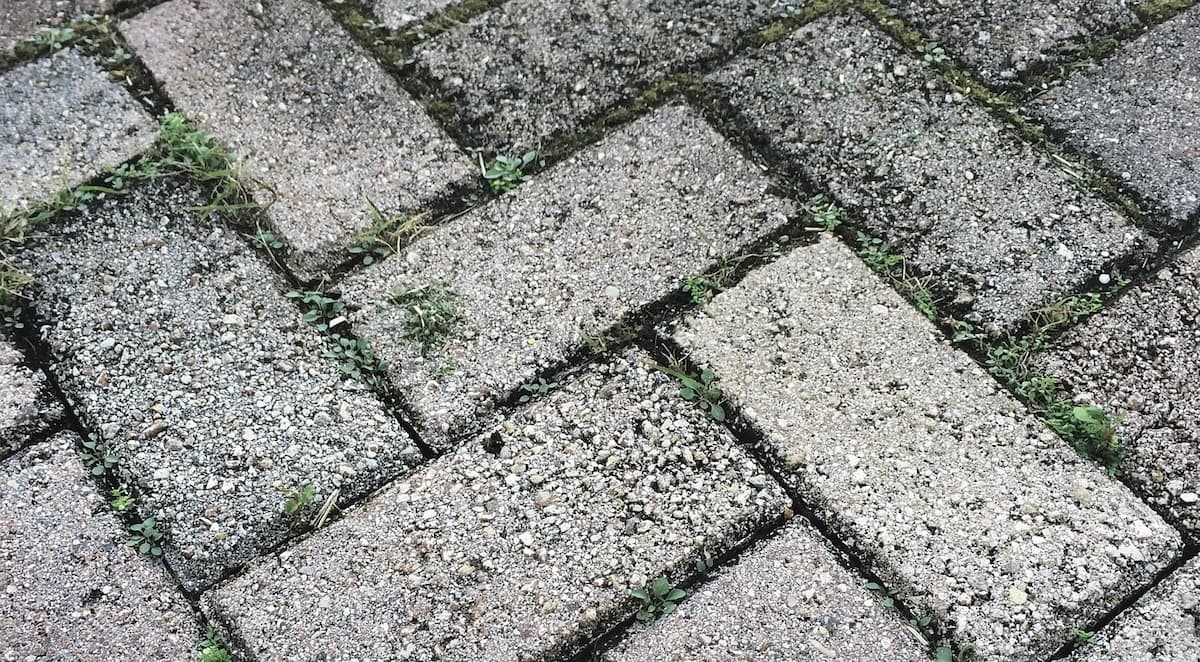How to Know If It’s Time to Resurface Your Driveway
February 04, 2025 Driveways 5 min read

Your driveway is one of the first things people notice about your property. Beyond appearance, it plays a key role in functionality and safety. Over time, wear and tear can take its toll, raising the question: when is it the right time for a driveway resurface? Here’s everything you need to know to keep your driveway in top condition.
Why Resurfacing is Better Than Waiting for Replacement
Driveway resurfacing is a cost-effective and efficient solution compared to full replacement. Resurfacing involves applying a new layer of material over the existing driveway, which extends its lifespan and restores its appearance. But how do you know it’s the right time to consider this option?
Ignoring problem areas for too long can lead to structural damage, turning a simple resurfacing job into a total replacement. Look out for signs of ageing to address them before they escalate.
Signs It’s Time to Resurface Your Driveway
1. Cracks Are Spreading
Fine hairline cracks don’t seem like a big deal at first. However, cracks grow when exposed to temperature changes, water, and daily wear. If cracks multiply or connect, it compromises the structure of your driveway. Resurfacing seals up the fissures, preventing water from seeping in and freezing, which can worsen the damage.
2. Potholes Have Formed
Potholes are not just unsightly; they can damage car tyres and create tripping hazards. They form when water gets beneath the driveway’s surface, softening the base. If you notice potholes but the underlying structure is intact, resurfacing can patch them and restore a smooth surface.
3. Water Pooling on the Surface
Does rainwater linger on your driveway long after the skies clear? Pooling water is a clear sign that the surface has become uneven. While small dips may not seem urgent, they worsen over time, especially with repeated freeze-thaw cycles. Resurfacing corrects these low spots, improving drainage.
4. Fading Colour
UV rays and weather exposure can fade your asphalt or concrete driveway over the years. While a faded driveway may not seem urgent, it’s a sign that its protective surface layer is deteriorating. Resurfacing replenishes this layer, giving your driveway a fresh look and added durability.
5. Uneven or Sunken Sections
Do you notice parts of your driveway sinking or sloping? Uneven driveways often result from soil settling underneath or heavy vehicle loads. These areas can present risks for pedestrians and vehicles alike. Resurfacing smooths out bumps and restores an even surface.
6. Raveling or Loose Aggregate
If pieces of your driveway’s surface material (known as aggregate) are coming loose, it’s time to act. Known as raveling, this issue can create a rough and worn-down look. Resurfacing binds loose materials and prevents further deterioration.
7. Driveway is Over Ten Years Old
Most driveways have a lifespan of 15-25 years, depending on material and maintenance. If yours is past the decade mark, resurfacing can help extend its life. Regular upkeep is essential for long-term durability and cost savings.
What Causes Driveway Damage?
Several factors contribute to driveway wear, including:
- Weather Extremes: Seasonal changes, freezing temperatures, and heavy rain accelerate wear and tear. Asphalt is particularly prone to damage from freeze-thaw cycles.
- Heavy Traffic: Regular use by heavy vehicles strains the driveway.
- Poor Drainage: Standing water or poor runoff leads to cracking and sinking.
- Sun Exposure: UV rays cause asphalt to dry out and lose its flexibility over time.
Understanding these causes can help you spot issues early and plan for resurfacing before the damage becomes severe.
Resurfacing vs Replacement: Which is Best?
For moderate damage, resurfacing is your go-to solution. Small cracks, fading, and minor pooling can all be fixed with resurfacing. However, if your driveway has serious structural issues, like deep alligator cracks or significant base damage, replacement may be the only option.
The key is to assess the extent of the damage. If you’re unsure, consult a professional contractor to evaluate your driveway and recommend the best course of action.
Benefits of Driveway Resurfacing
Resurfacing doesn’t just prevent further issues; it offers several other benefits:
- Improved Curb Appeal: A fresh surface makes a big difference in how your property looks.
- Cost Savings: Resurfacing is less expensive than full replacement and delays the need for larger repairs.
- Enhanced Durability: It protects against future wear, extending the life of your driveway.
- Increased Safety: A smooth, even driveway reduces tripping hazards and protects tyres.
By resurfacing at the right time, you save money, time, and hassle in the long run.
How to Keep Your Driveway in Good Shape After Resurfacing
After resurfacing, proper maintenance is key to making it last. Here are some tips:
- Sealcoat Regularly: Sealcoating helps protect the surface from water, oils, and UV rays.
- Clean Up Debris: Sweep the surface regularly to remove stones and dirt that can cause wear.
- Fix Small Cracks: Inspect your driveway periodically and fill any minor cracks to prevent spreading.
- Direct Water Runoff: Ensure drainage systems direct water away from the surface.
A little care goes a long way in preserving your driveway’s appearance and functionality.
Final Thoughts
A well-maintained driveway enhances the look of your home and provides years of hassle-free use. By knowing the signs that point to a driveway resurface, you can act before small issues become costly problems. Whether it’s cracks, potholes, or water pooling, addressing these signs early ensures your driveway remains safe and attractive. If you’re unsure, don’t hesitate to contact a trusted professional for advice. Investing in timely resurfacing can save you from the expense of a full replacement later on.
Get your free surfacing quote
Let our team of experts handle your surfacing — get a free quote today.